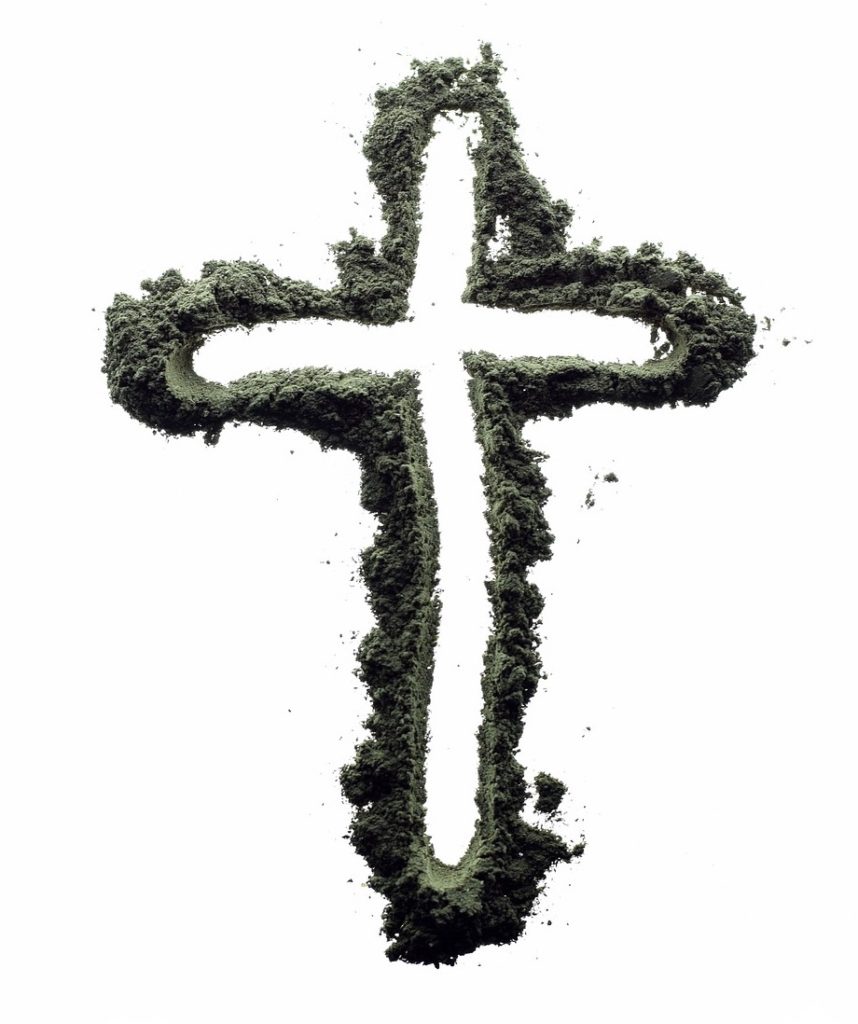Many Christian denominations, Anglicans, Lutherans, Methodists, and Presbyterians, among others, celebrate Ash Wednesday. It is a significant day in the Christian calendar for these reasons —
- The beginning of the Lenten season. Ash Wednesday marks the start of the season of Lent, forty days (excluding Sundays) of fasting, prayer, and repentance.
- A reminder of our mortality. On Ash Wednesday, pastors apply ashes to the foreheads of believers in the sign of the cross. “Remember that you are dust, and to dust, you shall return” reminds us of our mortality. On Ash Wednesday, we reflect on the brevity of life and focus on eternal values.
- A call to repentance. Ash Wednesday is a time of confession and repentance as believers reflect on their sins and seek to turn away from them. The ashes signify sorrow, contrition, and a reminder of the need for humility and self-denial.
- Preparation for Easter. Lent’s season culminates in the Easter celebration. Through prayer, fasting, and other spiritual disciplines, believers use the season of Lent to prepare their hearts and minds to celebrate the resurrection of Jesus and the hope of new life that it represents.
Customs

The traditions and customs associated with Ash Wednesday may vary between Christian denominations and cultures. In some churches, ashes are applied to the forehead in the shape of a cross, while in others, the ashes may be sprinkled on the head. In some traditions, the ashes are made from the burnt palms of the previous year’s Palm Sunday, while in others, they may be made from other materials.
Why Dust and Ashes
The Bible contains several references to dust and ashes. Dust and ashes often symbolize repentance, mourning, and humility before God.
Genesis 3
One of the most well-known passages is in the book of Genesis. God tells Adam that he will return to the dust from which he was created. This passage emphasizes the mortality and frailty of human life. We all died spiritually due to Adam’s sin, and we all die physically, returning to the dust of the earth.
Job 42
In the book of Job, Job expresses his grief and anguish by sitting in dust and ashes. This act signifies mourning and repentance as he recognizes his unworthiness before God and seeks to humble himself in His sight.
Jonah 3
In the book of Jonah, the people of Nineveh respond to Jonah’s message of judgment. They put on sackcloth and cover themselves in ashes as a sign of repentance. This act of humility and contrition leads God to show mercy and spare the city from destruction.
Acts 13
In the New Testament, Paul and Barnabas preached in Pisidian Antioch, but some Jewish leaders stirred up anger against them. “So they shook the dust off their feet as a warning to them and went to Iconium” (Acts 13:51 ESV). Paul and Barnabas obeyed God by preaching the gospel, but now it was up to the people of Antioch to follow through on repentance. In shaking off the dust, Paul and Barnabas emphasize they had done all they could. It symbolized divine rejection and judgment.
Overall, the biblical references to dust and ashes emphasize the transience of human life, the need for repentance and humility before God, and the importance of turning away from the things of this world and focusing on the things of God.
Conclusion
While Ash Wednesday is not a public holiday in most countries, it is still important for many Christians. It is widely observed through religious services, personal acts of devotion, and spiritual reflection.
Prayer
Father, you who formed man from dust,
Who breathed into us the breath of life,
Remind me today of the mist, the vapor,
This fleeting life; Our time on earth
Short in light of eternity.
Increase my awareness, help me to
Redeem the time you have given me.
May I live with an eternal purpose in mind
And in the abundance you have designed for me.
Establish my steps today so that in everything —
Your will, Your way, Your glory is evident!
Amen.
Learn more about Ash Wednesday here.